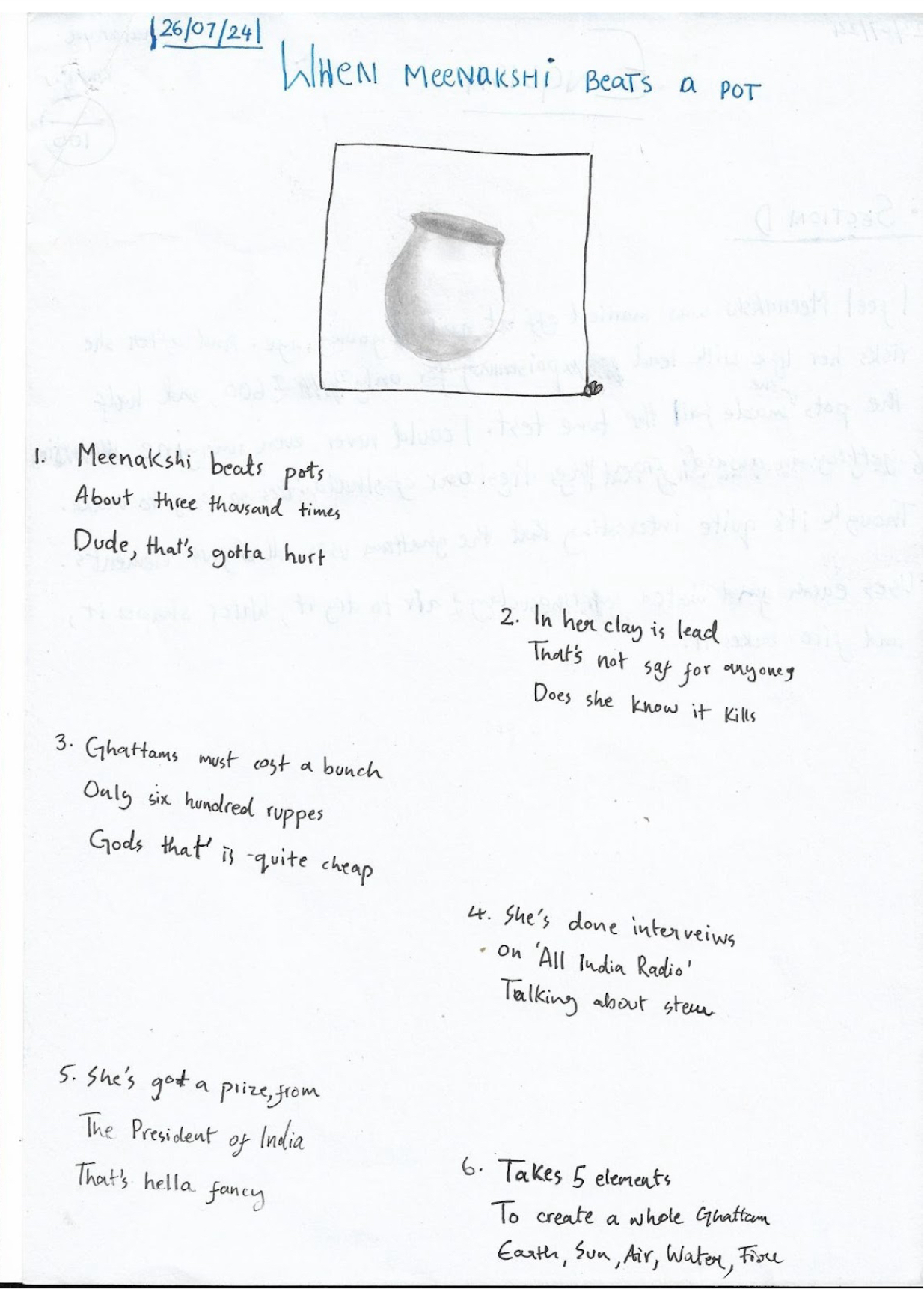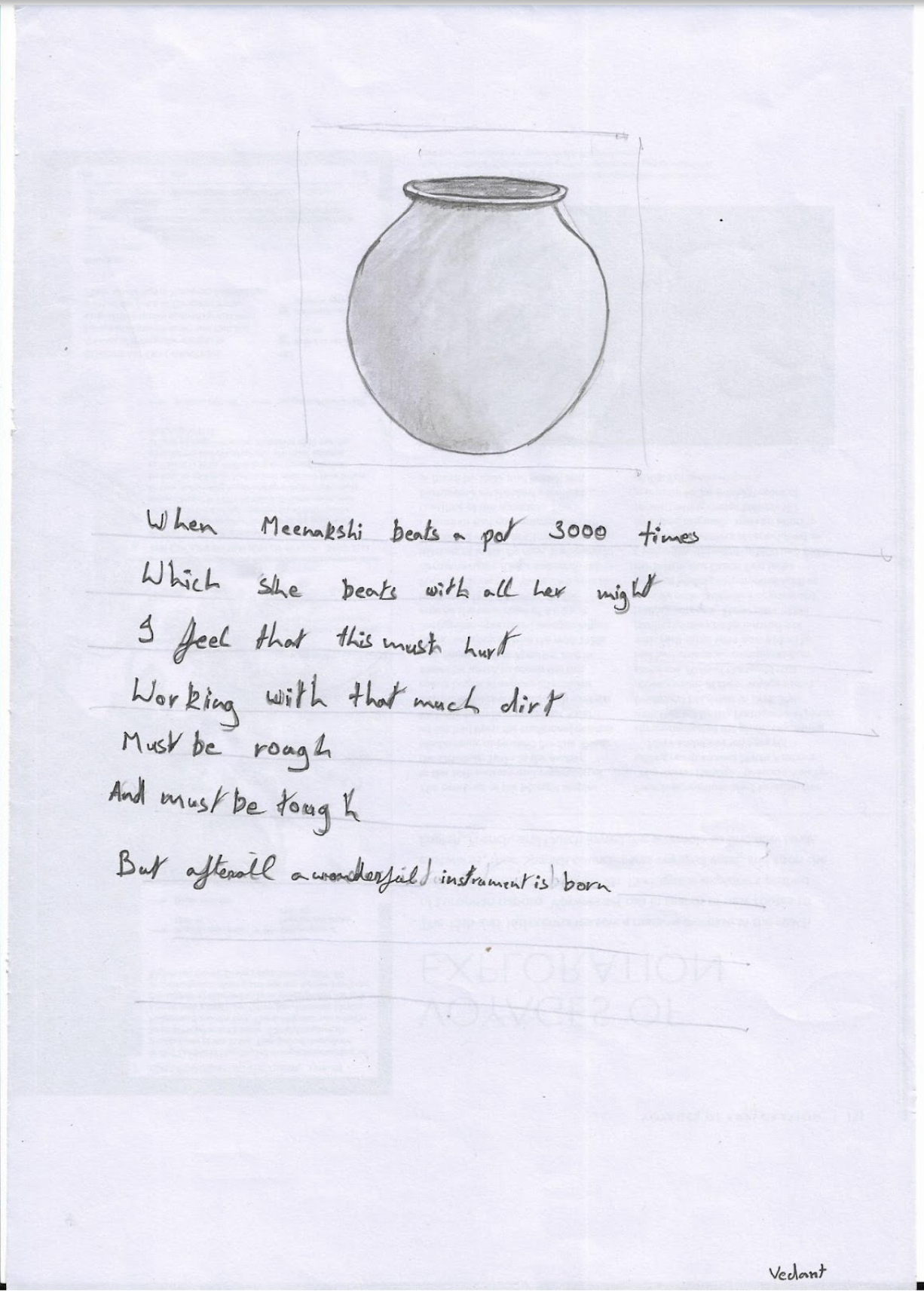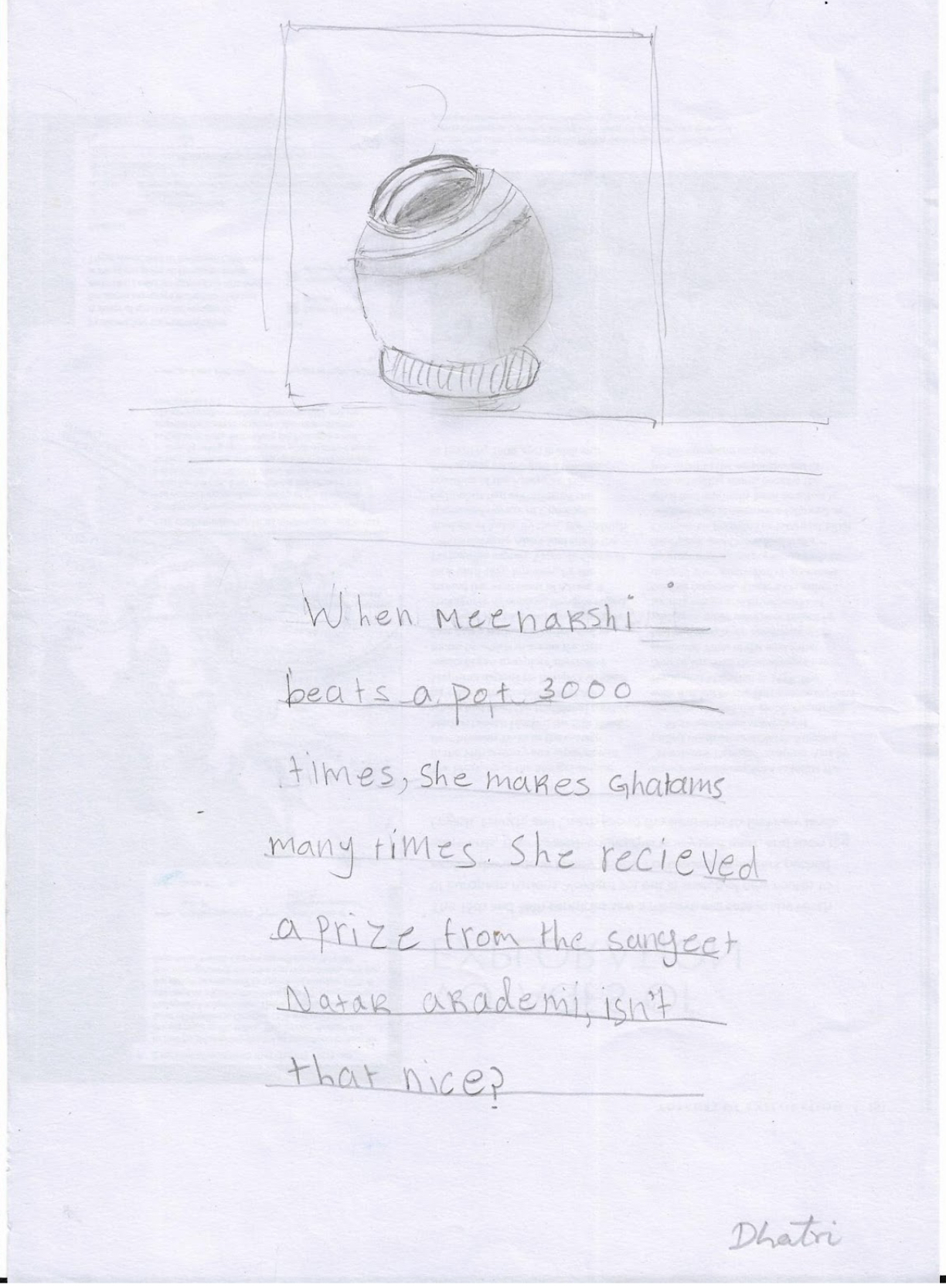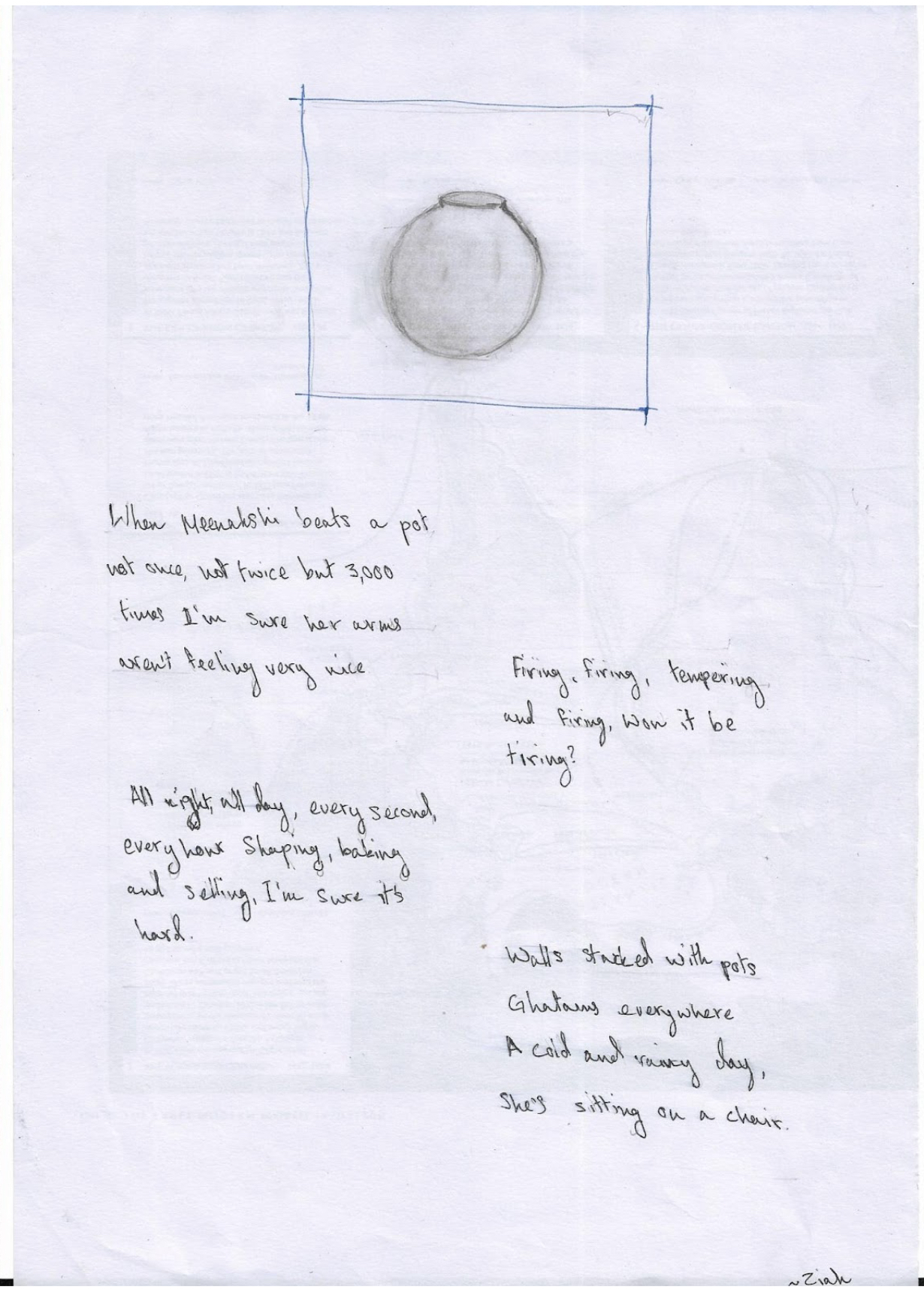PARI (People’s Archive of Rural India) with the Kurunji (Jun-Aug 2024)
Some of the questions that are coming back to me as I sit down to reflect on PARI in my classroom – ‘How can the government ban grazing in the mangroves for the herders?’, ‘Why does she want to join the police force?’, ‘Why didn’t they just tranquilise T1?’, ‘Why did they have to kill her?’, ‘What about her cubs now?’, ‘Why is meenakshi risking her life working with lead and graphite in the clay?’, ‘They make only two to three hundred rupees a day!’
PARI stories introduced my class to a world which was somewhat known yet unrelatable. Rural India was a faint picture when we started reading the stories. The children could only describe it with words like farming, agriculture, huts, nature, no TV, and growing food. But as we read each story and discussed aspects like daily wage, government, rules, and caste discrimination, new terms got introduced into their vocabulary and extended their imagination. None of them had so far read stories which led to fully visualising the life of a poor person.
Despite the newness of this world their immediate questions pertained to ‘injustice’. They recognised the underlying injustice in the lives of these people. I heard ‘this is unfair’ many a times during those weeks. I secretly rejoiced this had happened without much prodding from me. Isn’t it interesting how we all can relate to injustice instantly? When we see it, it immediately stirs us. Injustice is not too far away from our daily experiences as well. Children experience bullying and ‘injustice’ in school and often struggle to deal with it. We adults see it at various levels around us. Somehow we don’t know what to do with injustice, most times. But we cannot not acknowledge it.
I saw the same thing in my classroom. Children did not shy away from pointing to what was unfair in the lives of Biswas, Sibu Laiya, the Kharai camel herders and the Ravan artists of Udaipur. They recognised lack of access to education – ‘we go to school, but they can’t go to school’. They saw lack of options of livelihood, ‘they are poor and so the government is taking advantage’, they saw lack of visibility of problems ‘nobody knows about them, we also didn’t know about them’, ‘this website is for that only, for people to know about them’ – opinions poured out and there was genuine concern in their voices. However, while my mind occasionally slipped into a grim space, the kids were full of hope.
We found many moments of joy; in the music of the Ravan artists, in watching the Kharai camels frolicking in slush, in listening to a Ghatam performance and imagining Meenakshi beating away on a pot 3000 times!!
Although the stories were so contrasting to what they were reading otherwise (Sherlock Holmes, Wonder, Calvin and Hobbes, Percy Jackson) it made them look closely to the everyday work around school campus. Van driver annas, akkas cooking in the kitchen, annas working in the garden – what might their everyday life be? What makes them come back to work every day year after year? Could it be only the money? What is a back-breaking task around school?
One child reflected on how carrying the 20L water cans to the various water points around school is a really back-breaking job that venky anna does every day!
Overall PARI encouraged my class to reach into a thoughtful mind space and ‘see from the others’ point of view’. It brought them closer to imagining the world of a rural family. Our discussions were informative as well as reflective. I think we all truly touched upon empathy in some instances.
We concluded the module by each of them writing a letter to P. Sainath with some thoughts, comments and questions. We received a warm response from him a few weeks back through email. Here are poems written by some of the Kurunji (based on the story ‘Meenakshi beats a pot 3000 times! by Aparna Karthikeyan).

Sharanya (12 years)

Vedant (11 years)

Dhatri (12 years)

Ziah (12 years)


